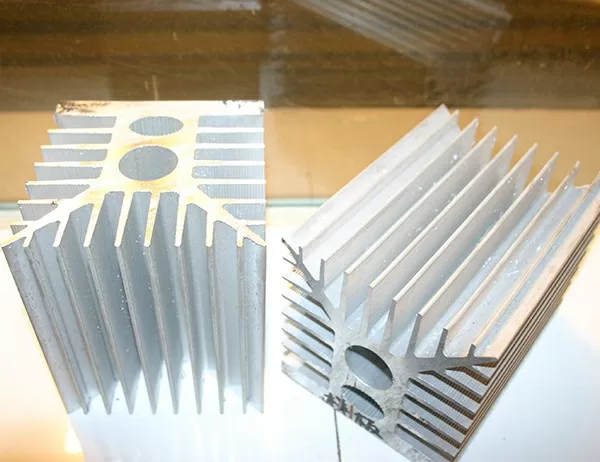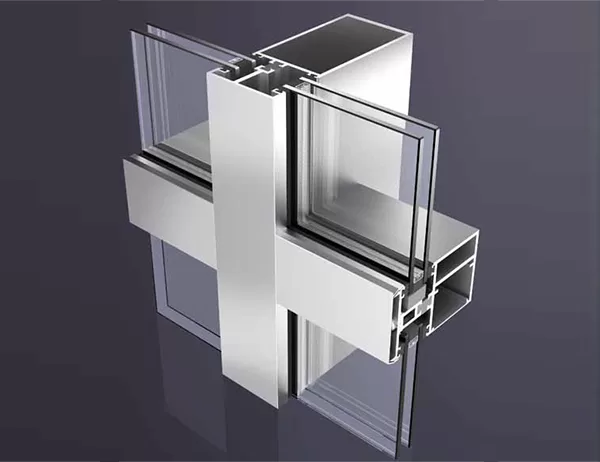As the demand for clean and sustainable energy sources surges, solar panels have emerged as a viable solution. However, with rapid advancements in technology, it is crucial to ensure that these panels remain resilient and efficient in the long run. This is where future-proofing solar panels with advanced aluminum profiles comes into play.
Enhanced Structural Integrity
Aluminum frames and supports provide exceptional structural integrity, ensuring that solar panels can withstand extreme weather conditions. The high strength-to-weight ratio of aluminum allows for lightweight designs without compromising durability. Additionally, aluminum’s resistance to corrosion and oxidation protects the panels from harsh environmental factors, extending their lifespan.
Improved Heat Dissipation
Solar panels generate heat during operation, which can reduce their efficiency. Advanced aluminum profiles feature optimized designs that facilitate efficient heat dissipation. The profiles act as heat sinks, transferring heat away from the solar cells and maintaining optimal operating temperatures. This helps prevent overheating and ensures sustained performance.
Electrical Conductivity and Reliability
Aluminum is an excellent electrical conductor, ensuring efficient transfer of electricity from the solar cells to the grid. This reduces power loss and increases the overall efficiency of the panels. Moreover, the corrosion resistance and oxidation protection of aluminum prevent electrical degradation, maintaining reliable performance over time.
Lightweight and Ease of Installation
Advanced aluminum profiles are lightweight, simplifying transportation and installation. This reduces labor costs and allows for easier deployment in remote areas or on challenging terrains. The modular design of aluminum profiles enables quick and flexible assembly, reducing downtime and minimizing installation time.
Cost-Effectiveness and Long-Term Value
While advanced aluminum profiles may initially have a higher upfront cost, they offer significant long-term value. Their durability and extended lifespan reduce maintenance costs and downtime, resulting in a higher return on investment over the lifetime of the solar panels. Additionally, the lightweight and easy installation capabilities further contribute to cost efficiency.
Customization and Flexibility
Aluminum profiles are highly versatile and customizable, allowing for tailored solutions to meet specific project requirements. Designers can choose from various dimensions, shapes, and finishes to match architectural aesthetics and optimize panel placement for maximum efficiency. This flexibility ensures that solar panels can seamlessly integrate into different environments and architectural styles.
Conclusion
Future-proofing solar panels with advanced aluminum profiles is an investment in sustainable, high-performing solar systems. By enhancing structural integrity, improving heat dissipation, increasing electrical reliability, simplifying installation, and offering cost-effectiveness, aluminum profiles ensure that solar panels remain efficient and resilient for decades to come. As the demand for renewable energy continues to grow, this technology will play a pivotal role in creating a more sustainable future.




